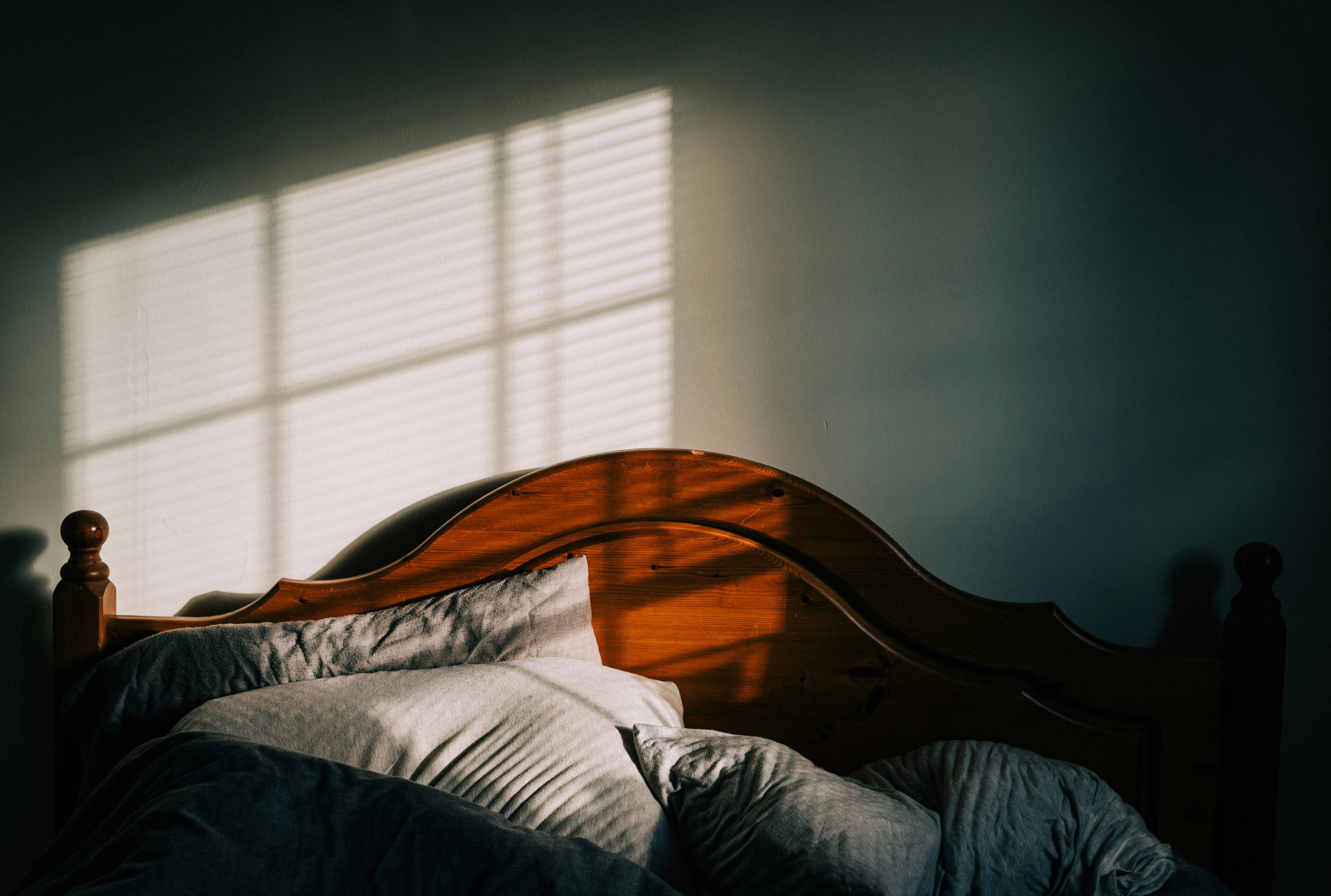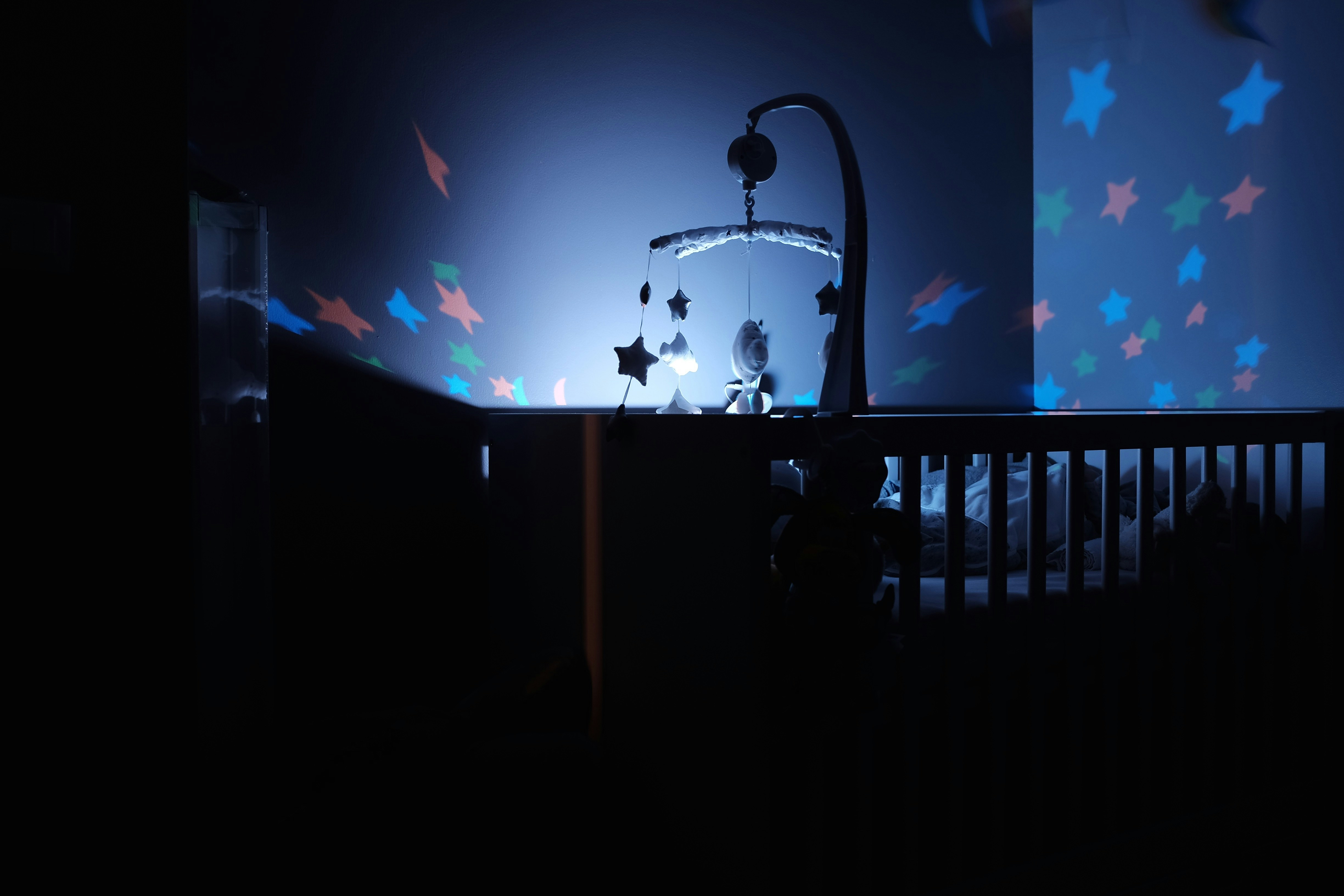How Diet Affects Sleep Quality: Eat to Sleep Better

Introduction
You’ve probably heard the phrase “you are what you eat”—but have you ever considered that how you sleep is also influenced by what you eat?
The connection between nutrition and sleep is often overlooked, but science shows that your dietary habits can directly affect how fast you fall asleep , how well you stay asleep , and how refreshed you feel in the morning .
In this article, we’ll explore the relationship between food and sleep quality, examine key nutrients that promote better rest, and offer practical dietary strategies to help you optimize your sleep through smarter eating.
1. The Diet-Sleep Connection: A Two-Way Street
Sleep and diet are interdependent . What you eat influences your sleep, and how you sleep affects your eating behaviors.
- Sleep deprivation can cause hormonal imbalances (like elevated ghrelin and reduced leptin) that increase cravings for sugary and fatty foods.
- Conversely, a balanced diet supports hormonal regulation, stabilizes blood sugar, and fosters better sleep architecture.
Poor eating habits—like consuming caffeine or high-sugar snacks late at night—can trigger fragmented sleep, while nutrient-dense meals can help calm your nervous system and induce relaxation.
2. Nutrients That Promote Good Sleep
Let’s look at the key sleep-supportive nutrients and the foods they’re found in.
2.1 Tryptophan
An amino acid that helps produce serotonin and melatonin, both crucial for regulating sleep.
- Sources : Turkey, dairy, eggs, tofu, bananas, oats
Pro tip: Pairing tryptophan-rich foods with complex carbs (like brown rice or sweet potato) improves absorption.
2.2 Magnesium
Magnesium activates the parasympathetic nervous system, the "rest and digest" system.
- Sources : Almonds, spinach, pumpkin seeds, avocado, dark chocolate
Studies have shown that magnesium supplementation can improve insomnia symptoms in older adults.
2.3 Melatonin
This natural hormone is essential for maintaining your circadian rhythm.
- Sources : Tart cherries, goji berries, grapes, walnuts, tomatoes
Tart cherry juice has been linked to longer sleep duration and better sleep efficiency in clinical studies.
2.4 Vitamin B6
Supports melatonin production and neurotransmitter balance.
- Sources : Tuna, salmon, chickpeas, bananas, poultry
Deficiency in B6 may impair serotonin synthesis, making sleep regulation more difficult.
2.5 Calcium
Helps the brain use tryptophan to manufacture melatonin.
- Sources : Dairy products, leafy greens, sesame seeds, sardines
3. Foods That Interfere with Sleep
Just as some foods help, others can hinder your ability to sleep. Here are the most common offenders:
3.1 Caffeine
- Found in: Coffee, tea, chocolate, energy drinks, some medications
- Half-life: 5–6 hours (meaning half of it is still in your system 6 hours after consumption)
Avoid caffeine after 2 PM to reduce the risk of it interfering with your sleep cycle.
3.2 Sugar and Simple Carbs
High sugar intake before bed can spike insulin levels and trigger a sugar crash during the night, potentially causing awakenings.
- Causes fluctuations in blood sugar
- May increase cortisol levels
3.3 Alcohol
Although it may help you fall asleep faster , alcohol disrupts REM sleep and increases sleep fragmentation.
Research shows that alcohol consumption before bed reduces sleep quality and increases early morning awakenings.
3.4 Spicy and Fatty Foods
These can cause indigestion and heartburn , especially when consumed close to bedtime.
- Fat slows digestion, keeping your body more active
- Spices may elevate body temperature, making it harder to fall asleep
4. Timing Matters: When You Eat Affects Sleep
Not just what you eat, but also when you eat has a big impact.
- Late-night meals can interfere with melatonin release and body temperature regulation.
- Heavy dinners close to bedtime can lead to bloating and discomfort.
- A light snack 1–2 hours before bed (rich in tryptophan + complex carbs) may help induce sleep.
Ideal bedtime snacks: Greek yogurt with honey, banana with almond butter, oatmeal, or a small turkey sandwich on whole grain bread.
5. The Role of the Gut Microbiome
Your gut and brain are connected through the gut-brain axis , and sleep is part of this communication loop.
- A diverse microbiome promotes better mood and sleep
- Probiotic-rich foods (like kefir, sauerkraut, kimchi, yogurt) may enhance sleep quality
A 2019 study published in Frontiers in Psychiatry found correlations between gut microbiota composition and sleep efficiency in healthy adults.
6. Sample Daily Eating Plan for Better Sleep
Here’s a simple eating plan to support healthy sleep:
Breakfast
- Scrambled eggs with spinach
- Whole grain toast
- Herbal tea (no caffeine)
Lunch
- Grilled salmon salad with avocado
- Quinoa or brown rice
- Water or kombucha
Dinner
- Roasted turkey with sweet potatoes
- Steamed broccoli
- Tart cherry juice
Evening Snack (if needed)
- Banana with almond butter
- A few walnuts
7. Supplements and Sleep
In some cases, supplementation may be helpful:
- Magnesium glycinate : Known for calming properties
- Melatonin : Useful for jet lag or temporary sleep disruptions
- Valerian root, chamomile, or passionflower : Herbal aids with sedative effects
Caution : Always consult a healthcare provider before starting supplements, especially if you're on medications or have medical conditions.
Conclusion
The quality of your sleep isn’t just determined by your bedtime or screen habits—it starts on your plate. By choosing nutrient-rich foods and avoiding known dietary sleep disruptors, you can set yourself up for deeper, more restorative rest.
Improving your diet is a natural, sustainable way to promote long-term sleep health. So the next time you're struggling to fall asleep, take a look not just at your pillow, but also your plate.
“Let food be thy medicine and sleep thy healer.”




